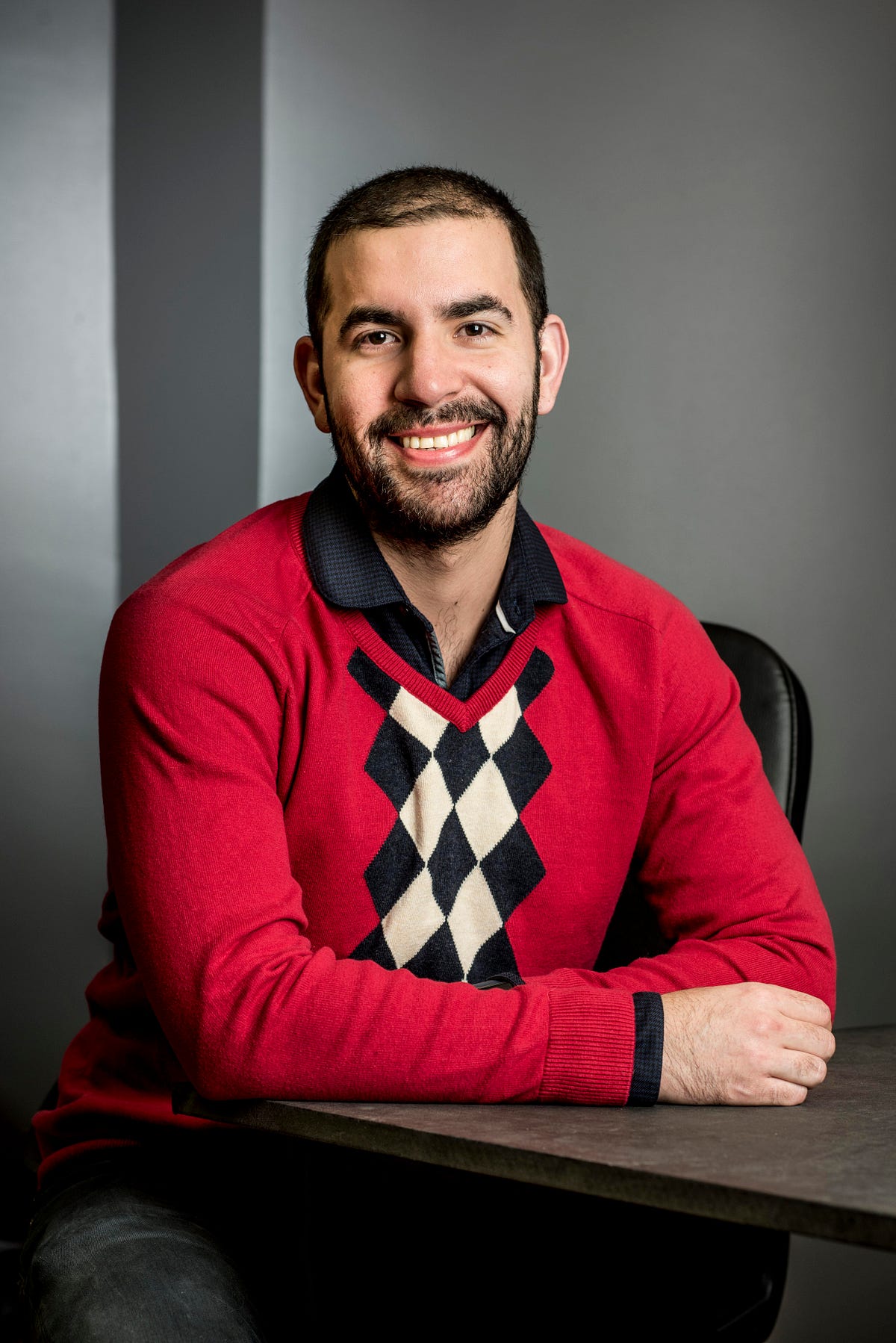Team Insights Anler, Functional Programmer

Hi Anler! Welcome to the team, it’s awesome to have you! Could you start by telling us a bit about you and your background?
Hi there! My name is Anler and I’m from Cuba. I learned to program quite late, at the age of 19 when I started university. The languages I used then were C and C++ since I was studying Automation Engineering. I dropped out of university in order to emigrate to Spain where my dad lived. Once in Spain, I immediately was fascinated by the Internet and the amount of information you have at the tips of your fingers , and since that moment I have dedicated my time to learn and teach anything that catches my attention , which is quite a lot. One of my passions is to teach what I’ve learnt, so I have been a teacher at IronHack, I’m also working together with FunctionalHub on a series of courses about functional programming and I co-created theMadrid Haskell Users Groupto spread out my love for functional programming and Haskell in particular.
How did you end up deciding to work in the crypto space?
I just find the whole topic quite attractive and interesting. I think of myself as a frustrated mathematician so that makes cryptography a wonderful space where I can enjoy learning and applying concepts that are deeply-linked to math . Having the opportunity to know what’s exactly happening in the c rypto space and how that‘s going to shape our future is also priceless for me. Some friends from the Haskell community have created the Blockchain Madrid Haskell Users Group to help others understand the new opportunities and applications that this technology offers.
As an experienced developer, what kind of tools do you use and what makes them appropriate for your work?
As a software developer I really don’t need much, just a POSIX system and Emacs , among the required ones I need for a particular problem using a particular technology.
The most important thing for me when working on something is the ability to find documentation quickly , that’s why I love Emacs and it’s self-documenting system. I think tools should guide you in how to use them by giving you meaningful error messages and pointing you to the docs when you accidentally use them incorrectly. I think my ideal tool would be a Lisp Machine; I hope some day it comes back to life.

Witnet uses Rust as its back end development language. What makes it suitable for the project and what are your favorite parts about it?
Rust is an amazing language . It gives you the control you need when creating critical/high-performance software, and it does so without forcing you to juggle with safety . Carrying the burden of making critical software memory safe is something I do not enjoy at all; I prefer to feed my brain other creative tasks rather than thinking of where I screwed up by freeing the wrong pointer. That’s what machines are for, in my opinion. For Witnet, it is an obvious choice since it addresses our two main concerns: performance and safety .
There are some great projects working on inspiring missions. What attracted you to Witnet and what would you say is the potential of the project?
Being a young project founded by smart people with a big challenge was the main thing that attracted me to Witnet. I love to learn from others, as well as to work in a family-like environment. Witnet gives me that along with the opportunity of creating a tool that can help anyone (hopefully everyone) to feed smart contracts verified information that could not be tampered by any entity.
To wrap up, what are some things that you like to do outside of your work life?
I enjoy to exercise, travel, learn, feed the cats that live in my neighborhood, and specially now, the thing I enjoy the most, is to stroll with my newborn baby around the city .
Thank you for sharing your thoughts, Anler!
You can follow Anler on Twitter to get to know him a little better /👁/
You can also:
- Kauri original title: Team Insights Anler, Functional Programmer
- Kauri original link: https://kauri.io/team-insights-anler-functional-programmer/2d8e9280c54a451e8d7a9a199d4675db/a
- Kauri original author: Witnet (@witnet)
- Kauri original Publication date: 2018-11-19
- Kauri original tags: none
- Kauri original hash: QmURUcCmwYo9bTegbrKFpV1ahC9yBsiHGwSjnAgFChtCMp
- Kauri original checkpoint: QmSRv329t5c2hpHHf1Yz4XZomqgeBc8LVh9KNJC9z4PVDS